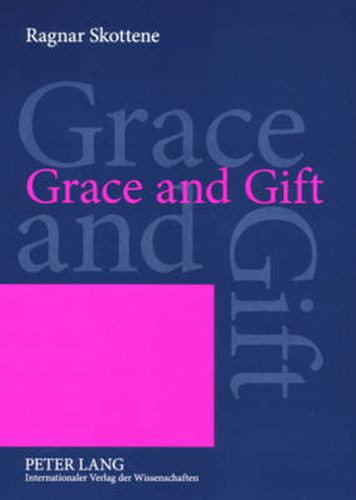Readings Newsletter
Become a Readings Member to make your shopping experience even easier.
Sign in or sign up for free!
You’re not far away from qualifying for FREE standard shipping within Australia
You’ve qualified for FREE standard shipping within Australia
The cart is loading…






The aim of this book is to impart closer knowledge of Martin Luther’s theology of grace by an in-depth historical study of his book from 1521 against the scholastic theologian Jacobus Latomus. In this book the Reformer unfolds his understanding of the biblical doctrine of grace by applying two central theological concepts: gratia and donum. Gratia is God’s undeserved and merciful compassion and favour towards man. Donum is God’s gift that includes faith in Jesus Christ and the Christian’s new righteousness by faith in him. Luther maintains that there are both an important distinction and an intimate connection between these concepts. This is the case upwards in relation to God as well as downwards in confrontation with sin and outwards in the Christian’s new life in the world. In the author’s view Luther’s exposition of this theme is not only historically interesting, but still theologically and ethically relevant even today.
$9.00 standard shipping within Australia
FREE standard shipping within Australia for orders over $100.00
Express & International shipping calculated at checkout
The aim of this book is to impart closer knowledge of Martin Luther’s theology of grace by an in-depth historical study of his book from 1521 against the scholastic theologian Jacobus Latomus. In this book the Reformer unfolds his understanding of the biblical doctrine of grace by applying two central theological concepts: gratia and donum. Gratia is God’s undeserved and merciful compassion and favour towards man. Donum is God’s gift that includes faith in Jesus Christ and the Christian’s new righteousness by faith in him. Luther maintains that there are both an important distinction and an intimate connection between these concepts. This is the case upwards in relation to God as well as downwards in confrontation with sin and outwards in the Christian’s new life in the world. In the author’s view Luther’s exposition of this theme is not only historically interesting, but still theologically and ethically relevant even today.